October, 2010
When Rob Mier died, in 1995, a good part of the national progressive community, in academia and neighborhoods, felt the loss. Rob was not simply an academic – professor of urban planning and policy at the University of Illinois at Chicago, and head of the Center for Urban Economic Development, a research unit in public policy and community development. “Not simply” because other teachers, at other schools, could match his academic pedigree. But Rob was … more. He was a professional engineer (a piece of his past that he used to great advantage in meetings and negotiations with government planning officials) and had a passion for activism in community development. Theory, yes, but always balanced with real community action.
He was also a rugby player, and that is where Rob and I met, playing for the Chicago Lions. Several of us spoke at Rob’s life celebration, and I pointed out that his own memories of his own rugby exploits never quite seemed to match our own memories of his exploits, but I put that down to his continuing passion for life.
Passion in Rob was not of the fire-breathing variety. He was quiet, not physically imposing, and I never remember his voice rising much above conversation level. But he had a passion for truth, and social justice, and he used his engineering and academic training to help promote better services, better economic conditions, better communications, and better lives for people in neighborhoods in Chicago.
Rob used the standard Saul Alinsky model in thinking about organizing people in communities, although our work at the Center for Urban Economic Development was more technical and research support than it was activism in organizing. We considered a lot of the techniques that a young Barack Obama must have used in community organizing in Chicago, including democratic management, worker coops, and community control of resources.
Because of Rob and others at UIC, the department was known nationally as a locus of research and practice in community economic development and organizing people to take charge and solve their own problems.
Rob and I had similar credentials, although he was far more of an academic than I. Both engineers, both interested in Chicago neighborhoods, both interested in bringing more sophisticated tools to community development than simply organizing and arranging meetings.
He was about six or seven years older than me, and I considered him something of a mentor.
At Zhejiang University of Science and Technology, the international business program is taught all in English. Students are mostly Chinese, with a few foreigners scattered in from time to time. My courses, in economics and negotiation, fit pretty well with my background. But in 2009, the ZUST civil engineering program opened its own international program, with promise of a degree from an American university (San Francisco State) for successful transfer students who could first demonstrate proficiency in American style courses. Hence, the strange offering – the civil engineering program at ZUST was offering a one semester course in American History Since 1865 (to be followed by a course in American Politics). If students could do well in those courses, then they might demonstrate some ability to do American university level work. There really was no one else at the school remotely qualified to teach this course. I was less remote than anyone else.
International cooperation programs at Chinese universities can be tough to put together. After all the usual difficulties in negotiation between schools, the reality on the ground can be daunting for a Chinese administration, accustomed to docile students and being in control of students’ academic and personal lives.
A fundamental problem when foreign students arrive at the campus is that they are not Chinese. In our case, they are from ten different countries in Africa, and about half a dozen different countries in Asia, plus India and Indonesia. They arrive knowing nothing of Chinese culture, or language, and for most it is their first time away from parents and their own sense of restrictions.
The international program in civil engineering is 20 Chinese students, 19 foreigners.
A key requirement for entry to ZUST is that the foreign students know English. And their English level is pretty good. But there is no Chinese language requirement for admittance. Should not be a problem, since all courses are supposed to be taught in English.
But the foreign students are not Chinese, and the usual Chinese university administration way of addressing – or, not addressing – student concerns and complaints does not work so well. There are a lot of complaints – Chinese students about the foreigners, foreign students about Chinese, both Chinese and foreign students about certain teachers and administrative practices.
Communication between the administration and foreign students is terrible. That is partly Chinese cultural practice, partly lack of willingness to accommodate to the foreigners. Students do not get university advises about days off from school, makeup classes, or schedule changes. They must get that from their classmates, ad hoc.
Chinese students complain that foreign students get special treatment. This is true, up to a point. Foreign students get to leave the classroom early, not show up for class, and are still allowed to sit for exams. Not true for Chinese.
Foreign students complain that Chinese students get special treatment. Classes are supposed to be taught in English, but every now and then, or maybe more often, teachers slip into the vernacular when discussing chemistry, or physics, or mechanics. Books are in English, but not all the teachers are fluent. And the Chinese students are on their home turf, and can look thing up easily online.
Most of the Chinese engineering students study hard. They are jealous of the foreign students who make time to party. The foreign students complain that the Chinese students are boring, don’t want to participate in events with them, and don’t help them study. Chinese students complain that the foreign students always want help, when the Chinese students are working hard to understand the material themselves.
This is all on top of the usual cultural differences – Chinese as more quiet, less demonstrative, less vocal, less willing to point fingers and complain openly. For the foreign students, particularly some of the students from Africa, such practices are cultural. Not to mention the usual college age sexual tensions, which for the Chinese students must go absolutely unexpressed.
These students are now second year students, and they take all their classes together, so they know each other now. The benefits and costs of being together are well known. The complaints are well known. The enemies are well known – mostly the university administration, but the group tensions are understood, even if unexpressed, at least by the Chinese.
So here they are, second year students in a four year program, no one quite knew what they were getting into at the beginning, the carrot is the potential to go abroad for the last two years of school, or at least get a better and more diverse education than by not being together, but the sense of unfairness and, by now, helplessness, is palpable. They are together, come what may, for the next two and a half years. The foreign students could choose to leave, but a Chinese university is far cheaper than any other foreign alternative, and the education is better than staying at home in Africa, so they stay. The Chinese students don’t really have the option of changing universities. The foreign students have limited options in finding another English language engineering program in China.
The 39 of them are like sailors on a life raft – none of them wants to be quite where they are, they can see where they came from, but they can’t quite imagine how to change their situation. Nobody wants to be the captain of the life raft. Everybody wants to complain the raft is not going anywhere. No one wants to pull the oars, let alone pull in one direction.
The foreign students have certainly been vocal in their complaints to the university administration. ZUST is new at this international program business, and they certainly have a long way to go in understanding how to run one effectively. But that doesn’t change the validity of some of the student complaints. A poorly run program is not their fault.
And there is nothing in Chinese culture that encourages swift and sympathetic response to complaint, particularly insistent complaint, really particularly by those lower in the hierarchy, especially by foreigners. Both the Chinese students and the foreign students would be better off talking to a wall than to the university administration.
I have had some of my own complaints, about students. Foreign students who do not show up for class, who leave early, who do no work. This creates bad morale in my class, to say nothing of what it does generally among the Chinese sailors on the raft. From what I have heard, some foreign students have received special treatment in other classes, and I don’t want to do that in mine.
This is a class in American History Since 1865. We are up to the Progressive Era. We have discussed a lot of difficult elements of American history – slavery, reconstruction, black codes, Indian genocide, Chinese exclusion acts, segregation, union busting, government sympathy toward business in labor-business conflict, strikes, strike violence, factory conditions and living conditions. We are using the standard textbook by Eric Foner, Give Me Liberty!, which emphasizes the long and difficult process of gaining liberty, the changing definitions of freedom, and who is entitled to the benefits of freedom. America as a work in progress. We have discussed labor organizing, and community organizing against unethical business practices, and farm organizations, and women’s rights organizations. Given the time constraints, all pretty academic and abstract.
I wanted a meeting with students to discuss expectations. The university administration eagerly supported that idea, I think because they knew more than I about the undercurrents. The mechanics teacher would be at the meeting also, because she had some issues of her own to address, or she was there as moral support for me, or to watch me and report back to the administration.
The meeting was last night, to start half an hour before my American history class, and given the nature of the discussions, I was willing to let the meeting go into scheduled class time if needed.
The students actually had an agenda. First up was an election. The class leader, one of the girls in the class, had decided to resign, citing her work load. Four of the 20 Chinese students gave little electioneering speeches, running for the vacant student leader job. Voting was immediate, using a simple majority system. No complicated, pairwise comparisons of candidates, A, B, C, and D. We assumed transitivity of preferences, and consistent policy formulations among both candidates and voters. I mean, really, it was just a student leader election. Worry about Kenneth Arrow would have to wait for graduate school.
I expected the bulk of the agenda to be about me, or my class. Too much work, not relevant to engineering, why are we doing this. I was prepared with some Concept of the University comments, and community of scholars, and some future-job-prospect comments about the need for softer skills in management, and public speaking, and writing, and negotiation.
What happened was quite a surprise.
No one seemed to have particular complaints about my class. Too much work, but ok. In this group of students, there is no natural student leader. Chinese students are accustomed to being told what to do, the foreign students want things done for them. Everyone is happy to complain.
One student began talking about a problem, and another answered, but quickly the meeting descended into everybody shouting and talking with each other. As the teacher, I took it upon myself to exercise some control over the process. One person talks, everybody listens.
I suggested that there were a lot of tensions between students, not only students with the administration. And, I suggested, unless they could talk about those tensions with each other, it would be easy for the administration to do nothing about any of their complaints. They needed to speak with a single voice, and a unified approach.
We had some good airing of foreign and Chinese tensions. Everyone acknowledged the problems. No solutions, but some clearing of the air.
But many issues, some easy to solve, some nothing, some more difficult.
I said, “You have a lot of issues. Too many. Can you find one thing to work on?”
All the students had complaints about the chemistry teacher. Her English is poor, and even her Chinese manner of speaking is difficult for Chinese to understand. All the students see big problems in this course.
We had a good fifteen or twenty minutes of complaints, about many things, but always coming back to chemistry. Some of the foreign students wanted to strike. Tell the administration that they would not come to class, until the teacher was changed. I suggested that might not be a useful strategy.
We are in the middle of the semester. The students, even Chinese students, have been vocal about the need to change the teacher – now. The students really could not imagine how little credence such a demand is given by the administration, in the middle of the semester, with a teacher who has a contract, teaching chemistry in a foreign language for, probably, not very much money.
But the demands continued last night.
After a while, it got boring. It was clear to me that the administration had no desire to suddenly change teachers – it was not as if the chemistry department was loaded with extra English speaking teachers who wanted to take over a course mid-semester.
I told the students that. Several times. The chemistry class meets once a week, on Thursday. I asked the students, you have no chance of changing teachers now. What are you going to do to solve the problem?
“Change the teacher.”
“Not going to happen. What are you going to do, Thursday?”
Nothing.
“How about if you do as I do in my negotiation class? Sometimes, not always, but sometimes, I stop talking and ask the student leader to translate for the boys in the back of the classroom. That seems to work pretty well.”
“It will take too long. Class won’t cover the material. Chinese students cannot always understand her.”
“Ok. How about if you put your cell phone next to the lectern, and record the teacher’s voice? Then you can replay it, as you wish.”
“Too slow, too much time, won’t get everything. And when she slips into Chinese, does the foreign students no good.”
“Ok. How about asking her to repeat, or slow down?”
“If she slows down in Chinese, what good?”
“Ok. There are an infinite number of ways to solve any problem. All you have to do is find one of them. But the school is not going to solve this for you. What are you going to do to solve this problem? What are You going to do to solve this?”
Nothing. “You are going to be together for the next two and a half years. You can have that be a good experience, or you can have meetings like this every week. What do you want?”
Nothing.
“Ok. Here is what you are going to do. You are going to call the chemistry department at Zhejiang University (the big national university, about 45 minutes away, also called Zheda) and find a student, a Ph.D. student, or a Master’s degree student, or somebody, who knows chemistry and speaks English. And you, all of you, are going to pay for that student to come here once a week and sit in the class and translate and interpret.”
“What? We should pay money? The school should do that.”
“The school will not do that. You are going to pay, all of you, there are 40 of you, about 1 yuan a week to get some help.”
Grumbles and some recognition.
I pointed to one of the foreign students, who is a little plump. “And 1 yuan per week is not going to force any of you to starve.” A little humor helped.
“How do you find the phone number for the chemistry department at Zheda?
“dial 114.”
“Do it. Now.” Incredulous looks. “Now?” “Now.” Got the number. “Department is closed.”
“Ok. Tomorrow, you (the new student leader, and the foreign student leader) are going to go to Zheda, and find a student. Understood? Agreed?”
“If you can solve this one problem together, the maybe you can talk about problem number 2. And then 3. But right now, together, all of you, solve this one.”
The group broke up into a dozen little meetings, and I moved from group to group, telling them repeatedly, “You have to solve this. 1 yuan each. Solve the problem.”
All agreed. It was a breakthrough. I think none of them had ever had the idea of solving their own problems before, certainly not through group action. Certainly not by making the student leaders act like leaders. The meeting did not break up until almost 9:00.
We never got to the Progressive Era chapter. But I think Rob Mier would be proud of me. And maybe I taught a little American history after all.
https://ecommons.cornell.edu/handle/1813/40520
https://www.chicagoreader.com/chicago/hony-my-father/Content?oid=898033

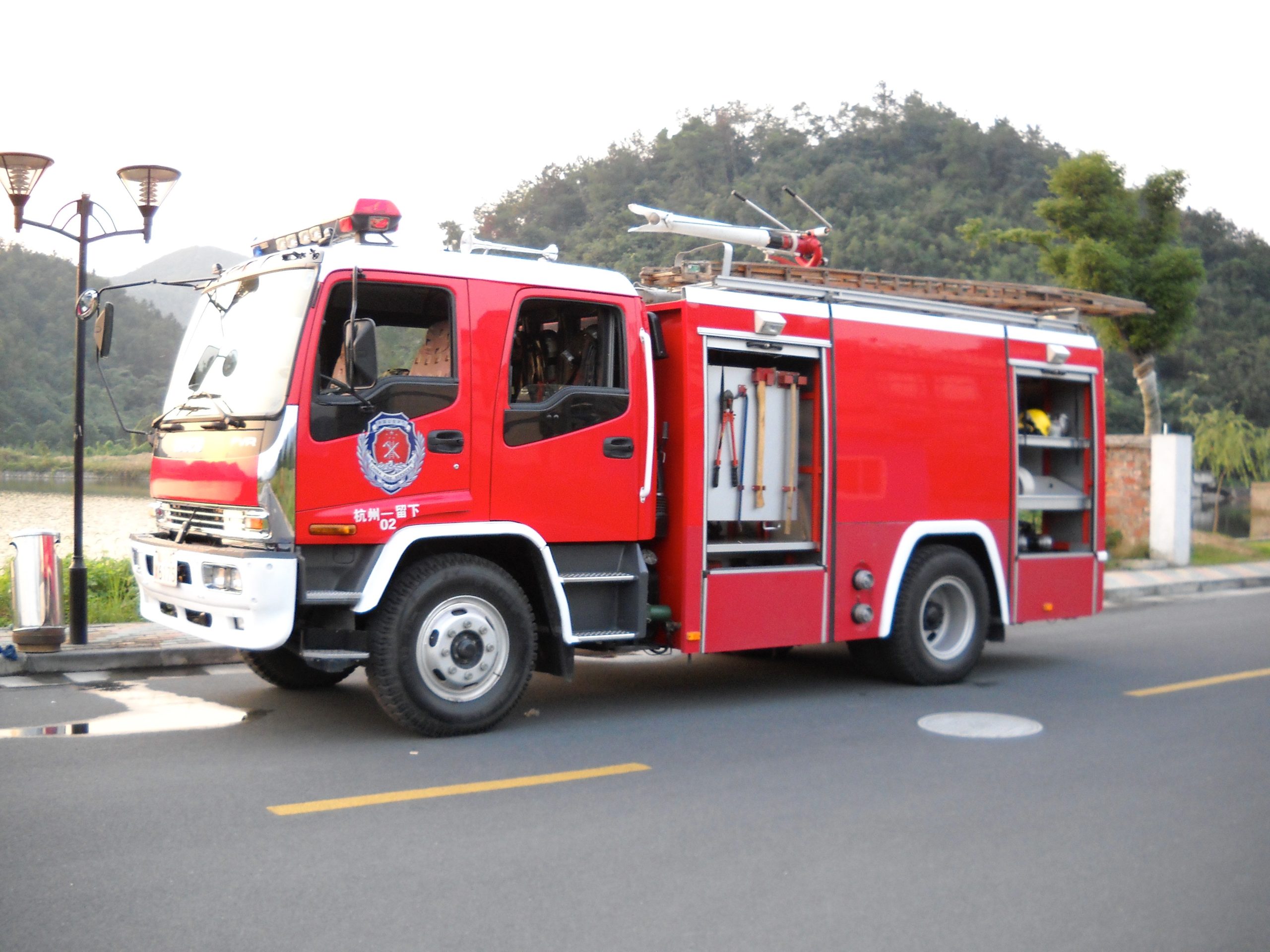
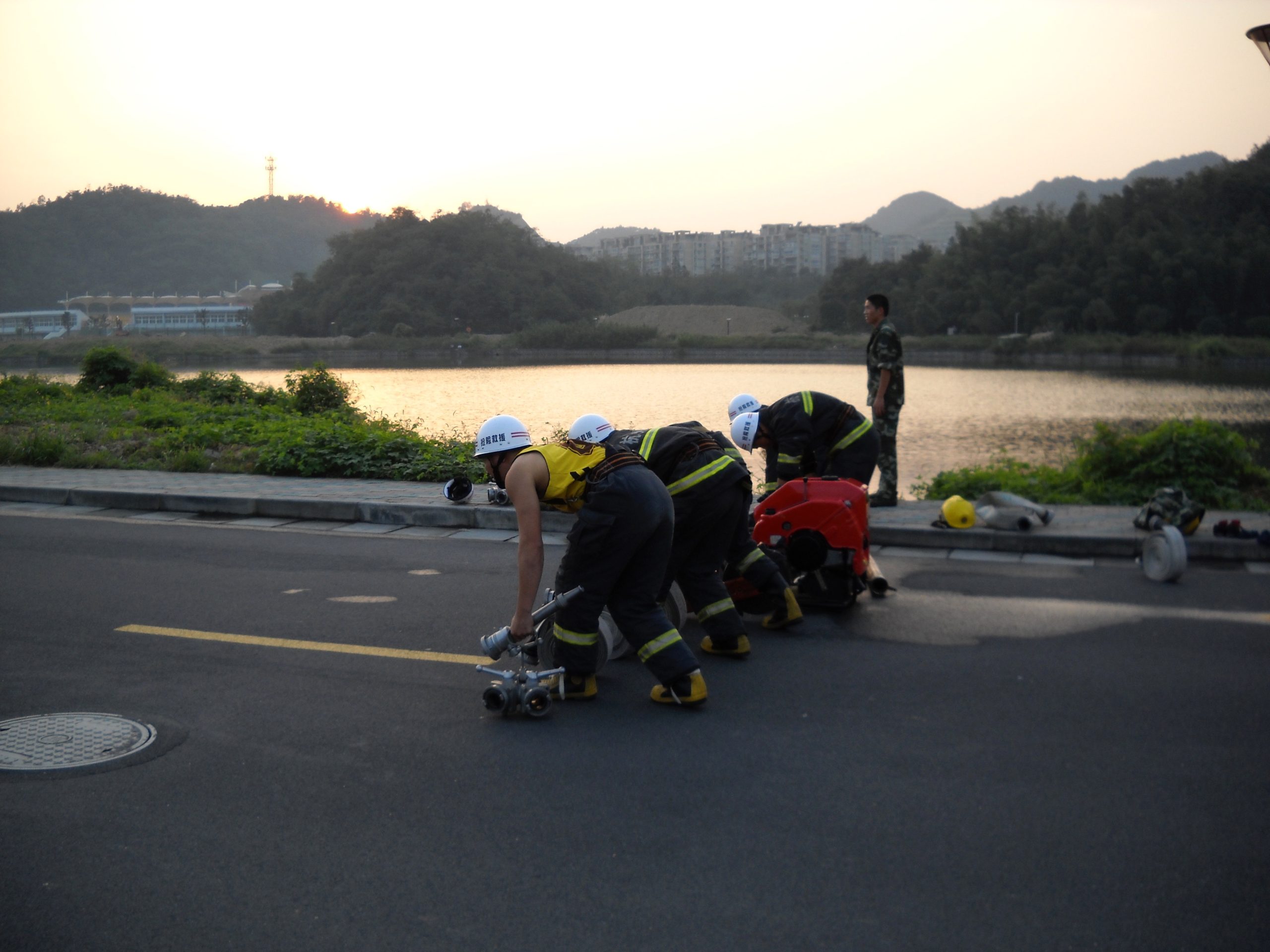
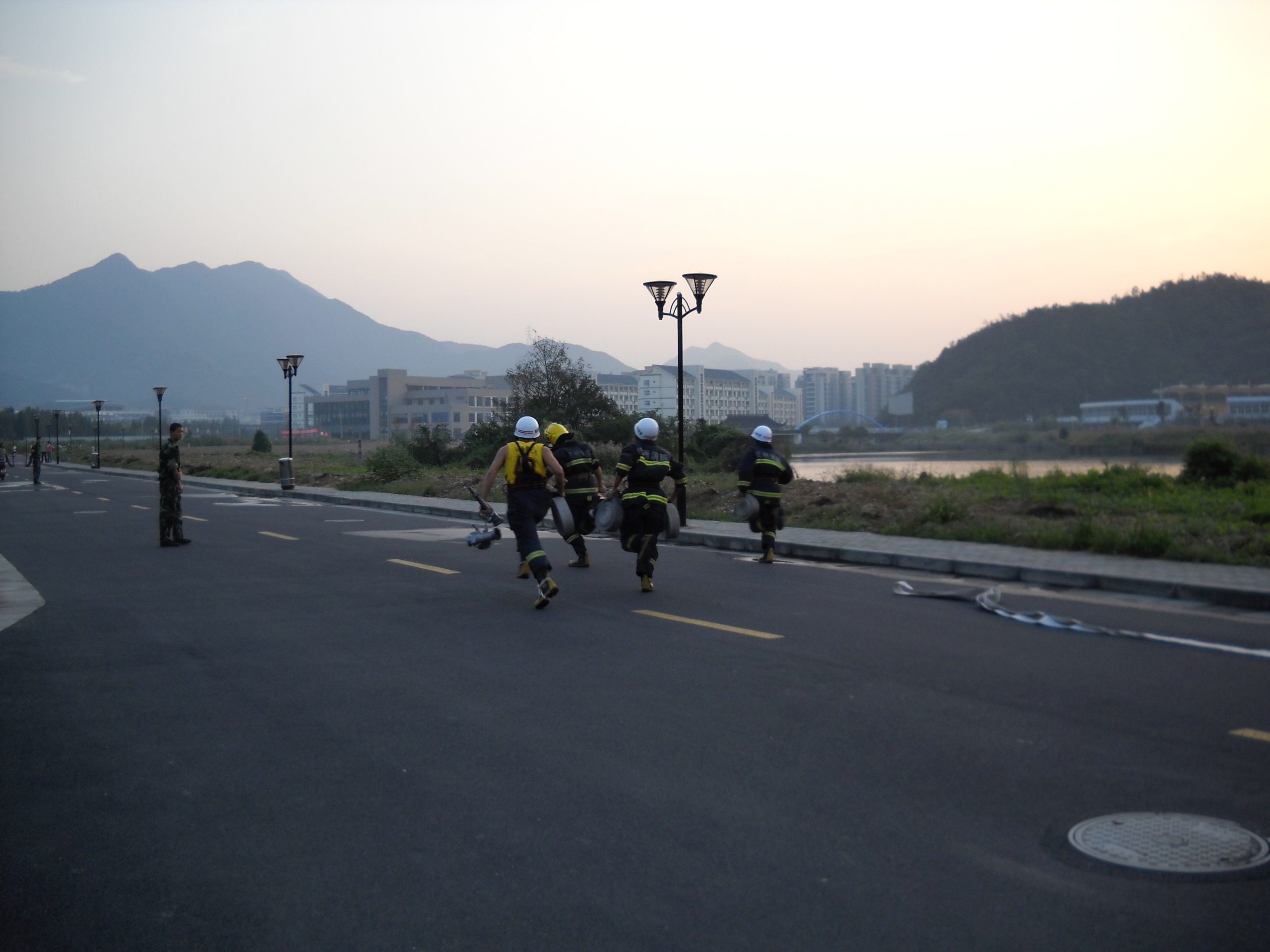
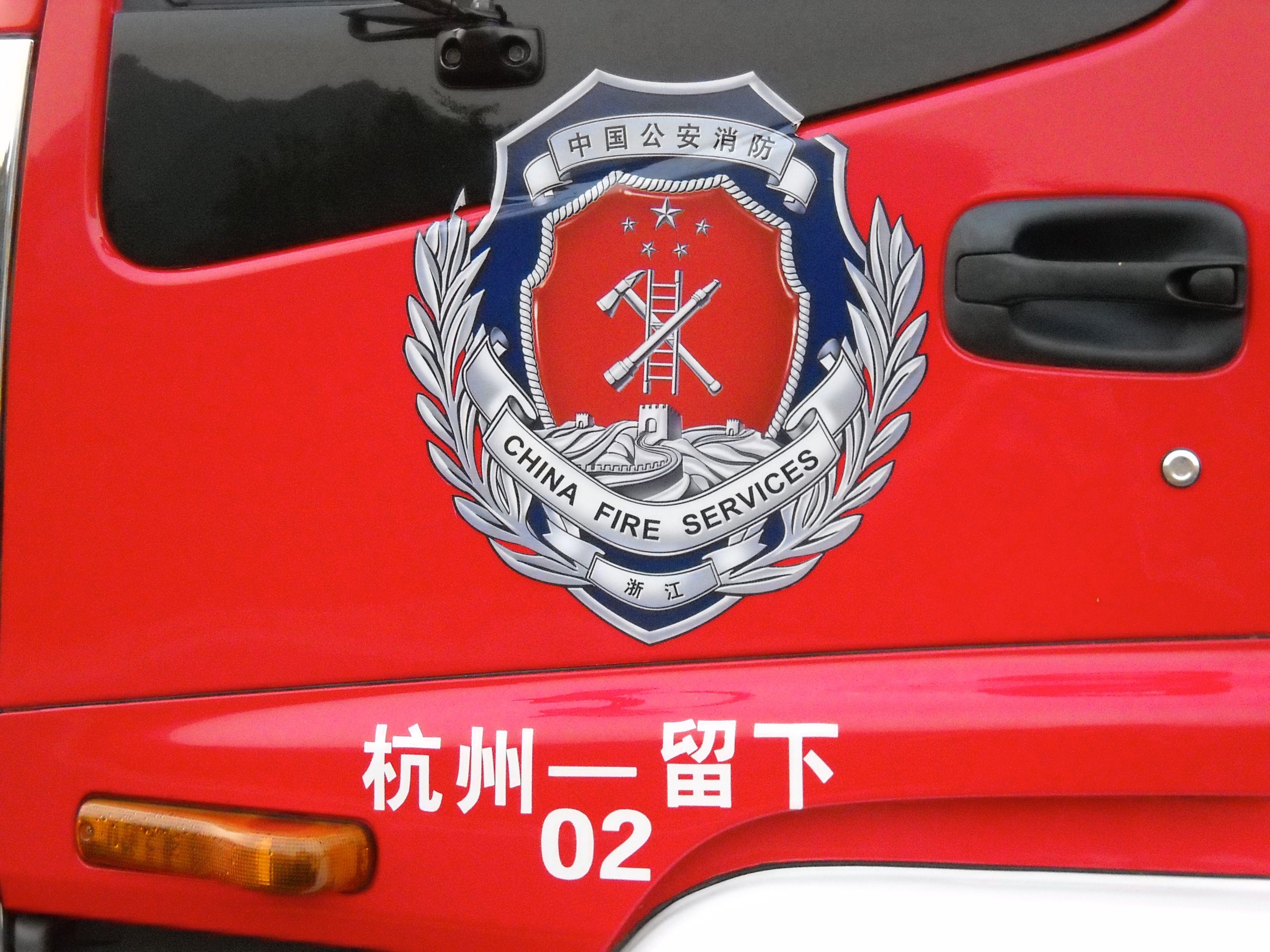
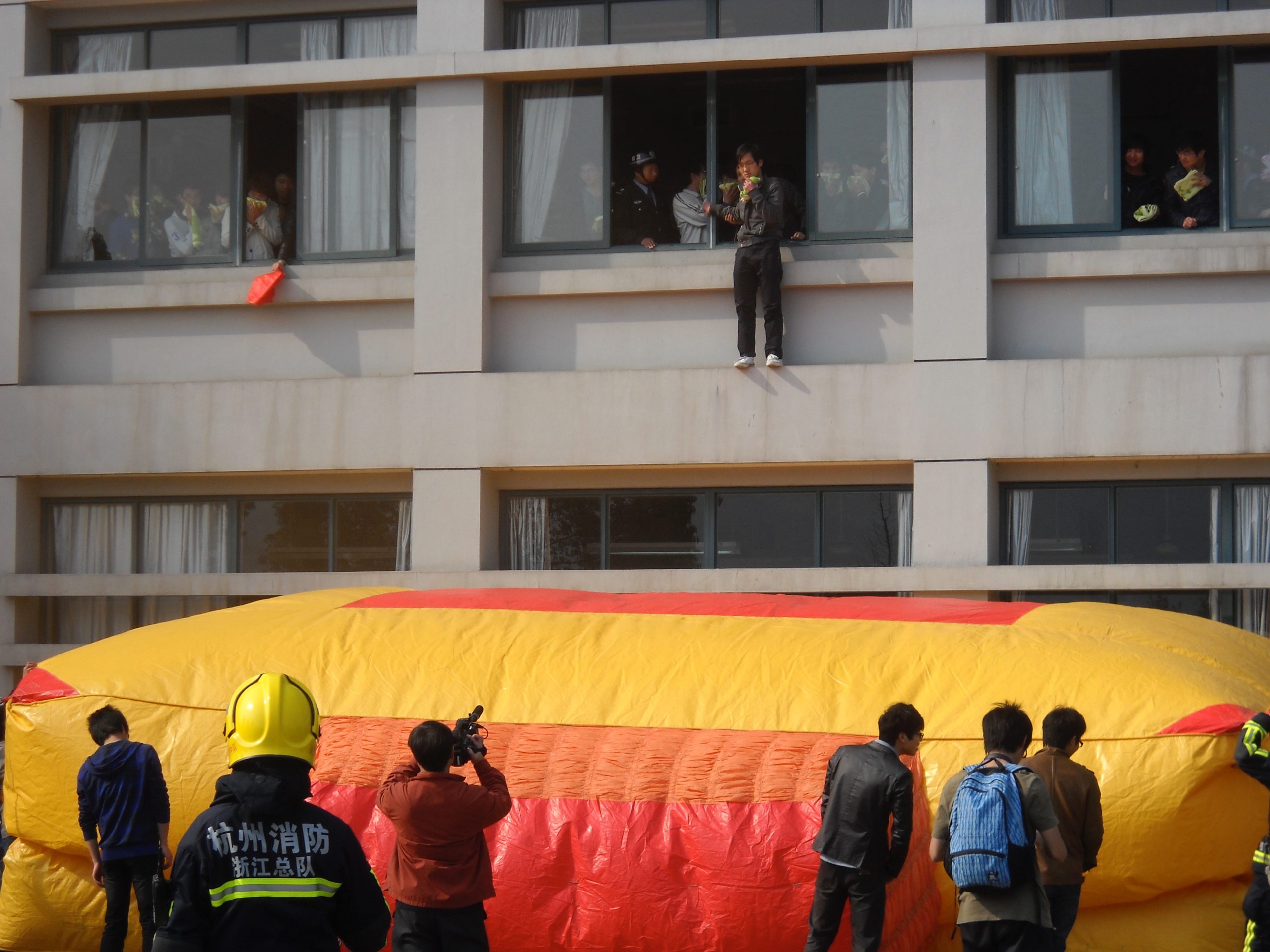
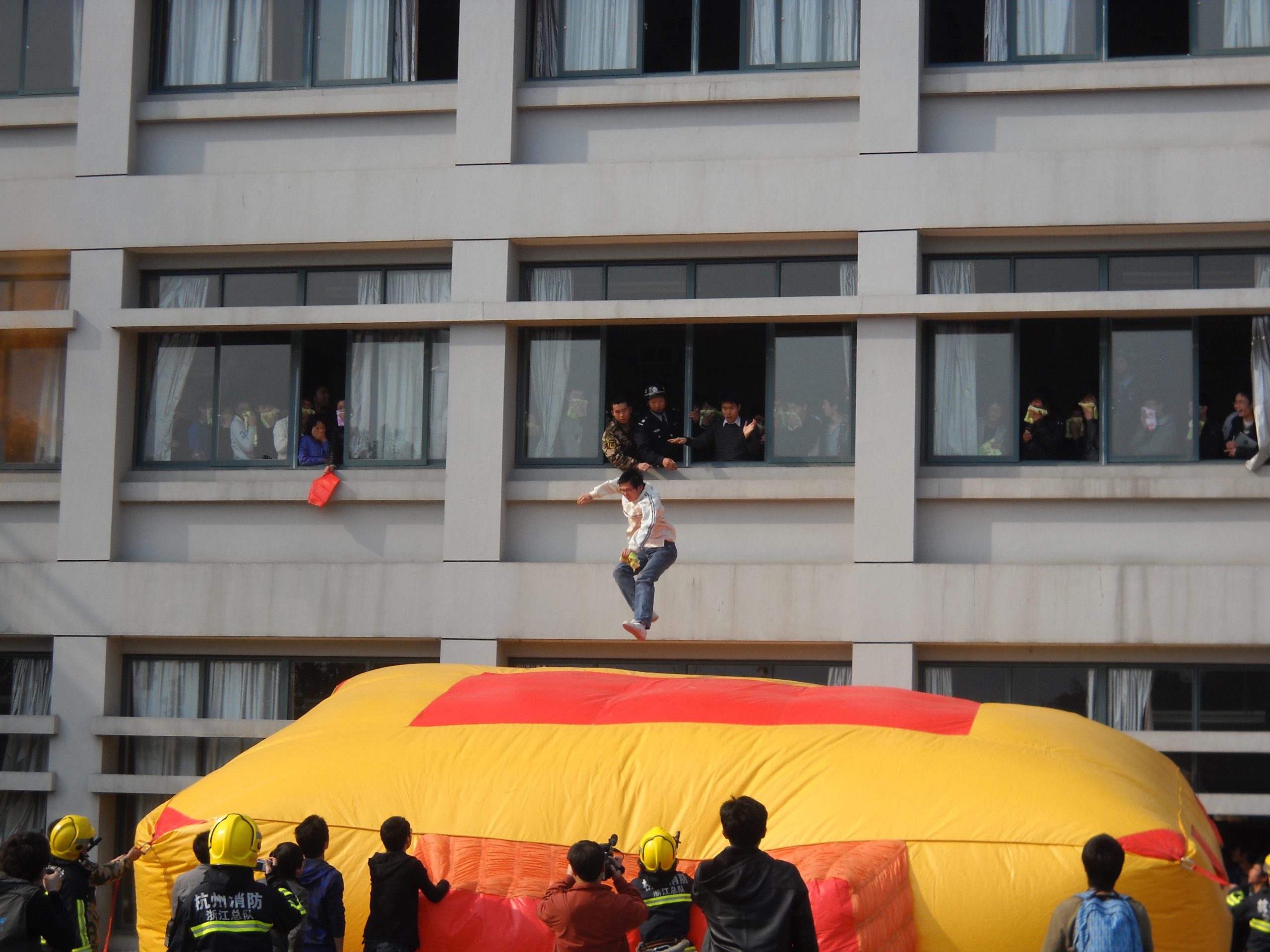
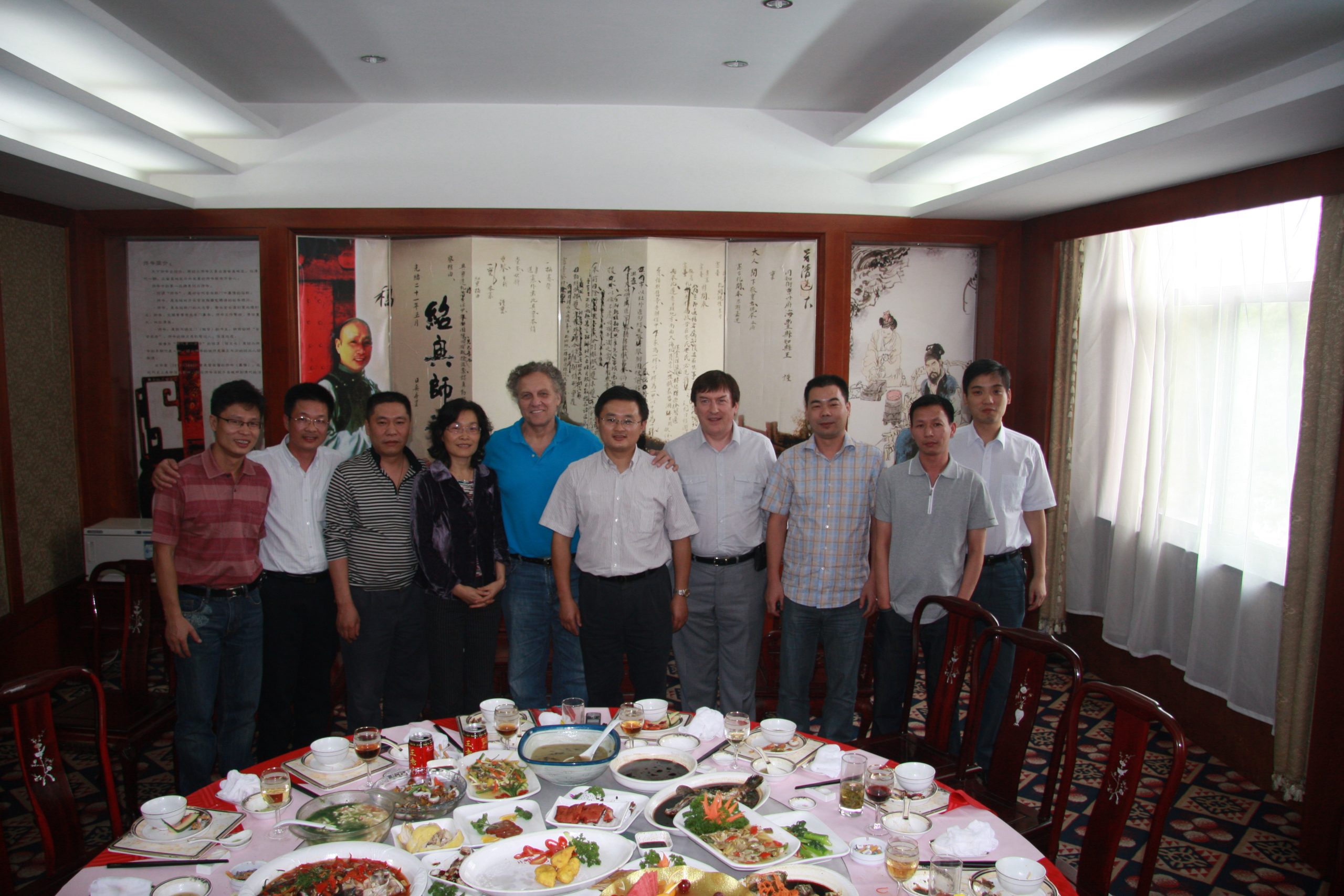

What comes after Don’t Be Evil?
From a comment of mine in 2015 – We are in the crackdown on foreigners in China (for foreigners, one might read, Americans). When access to the internet is largely blocked for me, even with a VPN, access for many of my German students is still good. Perhaps spotty, perhaps needing a couple of different VPN to get around, but it works.
Google’s problems in China began in 2010, when it began redirecting searches to its Hong Kong site to get around blocking on the mainland. After some negotiations, and fits and starts on blocking of gmail, Google chose to leave China rather than submit to censorship. Those were the old days. To be fair, Google was doing some light blocking of its own at that time, and the issue as reported was the hacking of the gmail accounts of activists within China, presumably by the government.
In 2012, Bloomberg published its story about the wealth of the family of Xi Jinping, and Bloomberg was blocked a few days later, still in force (although Bloomberg is trying to get back in as well). A couple of months later, the New York Times published its story on the family wealth of Wen Jiabao, and was then permanently blocked. The Times remains blocked in China, although some staffers remain. Keith Bradsher reopened the Shanghai office in 2016.
Now, in 2018, Google (formerly, the Don’t Be Evil company – the tag line was formally dropped in 2015) seeks to reenter the market in China. A comment from Time Magazine in 2015 seems prophetic with regard to seeking new investment …
“Don’t Be Evil” had attracted its share of criticism for being ambiguous and potentially hypocritical; Alphabet’s new code of conduct might be looking to attract a new investments beyond its core search and advertising businesses, according to CNET.
… but simply wrong on potentially hypocritical. By kowtowing (in the real former sense of the word) to the rulers in China, Google cheapens its brand while at the same time emboldening autocratic government everywhere to adopt the Chinese internet model. Well done, Google. It refused to lie by dropping the old byline, now no longer seeking to not be evil.
New Google Parent Company Drops ‘Don’t Be Evil’ Motto. Time Magazine, October 4, 2015. End of “Don’t Be Evil”
There has been plenty of comment online and in the business press about the Google move. Google staffers have resigned over the blatant rejection of ethics in agreeing to be censored … no, worse, to self-censor, in exchange for money from ads in China. The article from Hackernoon cited below does a pretty good job of explaining the why – that the Google ad business was suffering as a result of no-ad software, and Google needed to generate more money. Removal of the “don’t be evil” motto was in 2015, the same year that Apple added an app to its phone that permitted ad blocking. Ad blocking on YouTube further ate into Google revenues. From the Hackernoon piece –
Even those who weren’t blocking ads had trained themselves to ignore them entirely. Researchers dubbed this phenomenon “banner blindness”. The average banner ad was clicked on by a dismal 0.06% of viewers, and of those clicks, roughly 50% were accidental.
Daniel Colin James. This is How Google will Collapse. April 24, 2017. No ads, no revenue
The Foreign Policy article below, by Susan Nossel, neatly summarizes the benefit to Russia, Iran, Egypt – authoritarian governments everywhere – from cracking down on openness. Google needs revenue. A few tweaks to software, and markets open. For the governments, wait a while, and business will come crawling back in search of profits. Marx does seem to be right about the rope.
Suzanne Nossel. Google Is Handing the Future of the Internet to China. Foreign Policy, September 11, 2018. available online from Medium – Google’s timely dropping of “Don’t Be Evil”